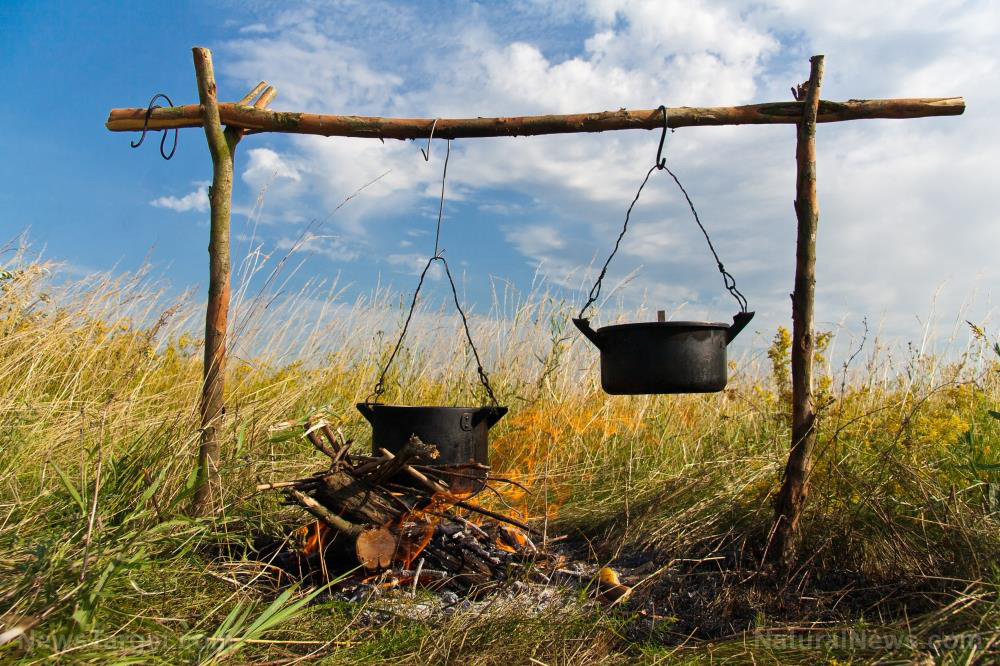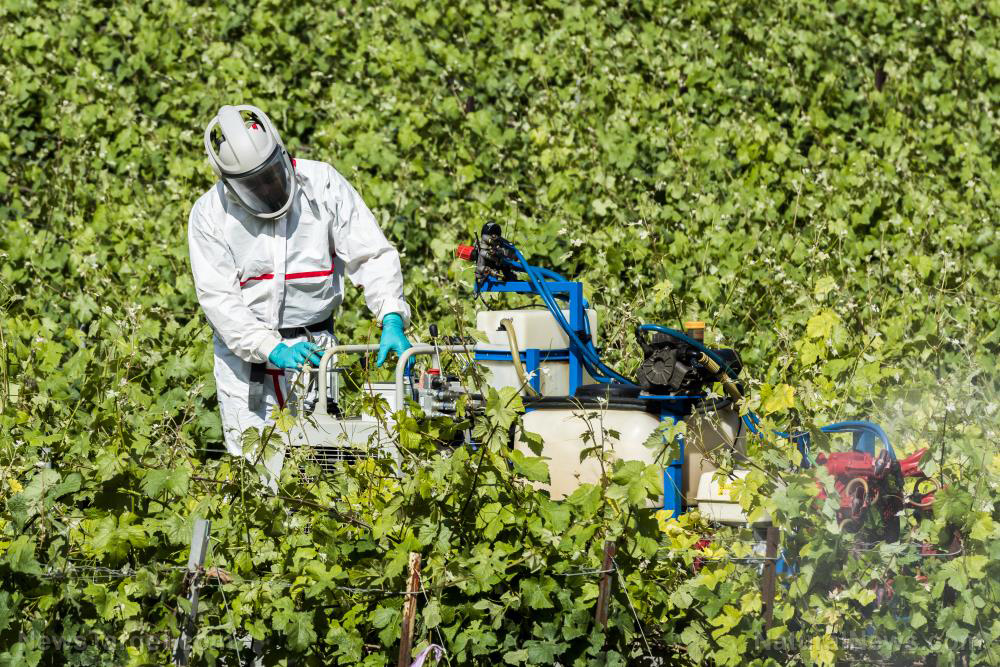
Advertisement
A lot of today’s cooking appliances run on electricity, but learning how to cook your food without relying on power is an essential survival skill. Here are seven alternative cooking methods you can learn for the next time you go camping or when the lights go out. (h/t to ModernSurvivalBlog.com)
Natural gas stove
If your home is hooked up to a natural gas line, cooking without electricity should not be a problem, provided that the gas stove in your kitchen is still functional. Some disaster scenarios won’t even interrupt your home’s supply of natural gas. Still, it’s a good idea for preppers to have a backup plan.
Grill
This may be one of the most common solutions to cooking without electricity. Whether it’s powered by charcoal or propane, steak isn’t the only thing you can cook on a grill. There are a variety of healthy meal options you can barbecue.
Liquid propane gas stove
If your home isn’t connected to a natural gas line, consider investing in a gas stove powered by liquid propane (LP). These gas stoves are fueled with large tanks of propane gas that can be refueled at a local gas station. Propane grills have already been mentioned, but LP gas stoves can be designed for safe, indoor cooking.
Portable stove
A portable stove, or camp stove, that runs on bottled gas is an excellent appliance for preppers to own. Some camping stoves can even be used indoors safely. But to be cautious, you should do your cooking outside.
Camp stoves are only meant to function as a short-term solution, since they rely on bottles of gas to function. So, unless you have dozens of backup bottles, look for other alternatives. (Related: Cook your food while on the move with this DIY portable can stove.)
Fire pits and open fires
Cooking with a fire pit or an open fire requires some skill. You need to learn how to not only start a fire, but maintain it long enough to cook your meal. Furthermore, without some skill, it will be difficult for you to set up your cookware and adjust the temperature. If you aren’t careful, you will burn your food or cook it improperly.
Watch this short video from Natural News to learn seven reasons why you should start cooking with cast iron cookware.
Solar oven
A solar oven, and other kinds of solar cookers, use the power of direct sunlight to heat up and cook food, usually through reflectors. The oven itself then acts as a greenhouse that can absorb and hold the heat. A solar cooker can be very useful, especially in the summer, if you live in an area that receives a lot of sunlight. Some solar cookers can even reach temperatures of up to 400 F.
Many solar ovens are easy to use, safe and portable, which means you can bring one along during a camping trip and teach your kids how to cook with them as well.
Fireplace or wood stove
This is especially useful if your home has a fireplace, or if you’re living in an area that experiences very cold winters that are overcome with the help of wood stoves. You can roast a nice kebab, wrap potatoes and other vegetables in foil and place them right next to your fireplace or place an oven or a pan on top of the wood stove.
The one key thing you need to remember with survival cooking is that you need a backup plan for how you currently cook your meals. This is especially true if you mainly rely on electric-powered stoves. Consider the seven alternatives listed above, and figure out which ones you can try out.
Learn about the different appliances and items that preppers should own by reading the articles at SurvivalGear.news.
Sources include:
Advertisement
Advertisements
















